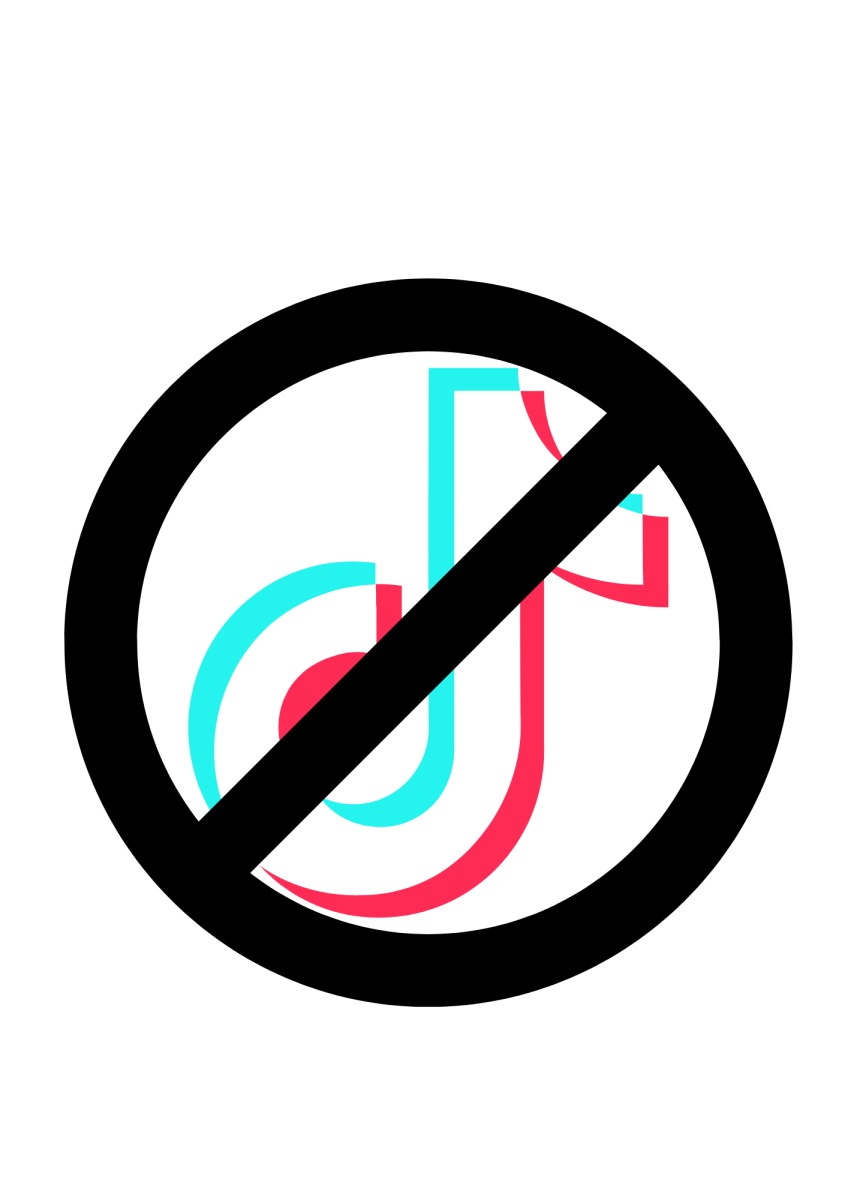After being inaugurated into office, president Donald Trump issued an executive order to postpone the ban on TikTok. He granted the app a 75-day extension from the ban where he plans to consult advisors on the legal proceedings and national security concerns. While users originally thought Trump’s action overturned the ban, in reality it just postponed it from being enforced.
“The deadline’s arrival the day before Trump’s inauguration made things tricky,” Haleluya Hadero wrote in a recent AP news article.
“Only the sitting president can issue a 90-day stay on the ban and can do so only if a buyer has taken concrete steps toward a purchase. The White House and the Justice Department emphasized Saturday that implementing and enforcing the law would fall to Trump and his administration.”
Trump’s postponement was designed to give the creators of the app time to sell the company to a U.S. company instead of having to enforce a ban. While the legislation of the ban still stands, Trump’s administration is taking steps to prevent its enforcement.
As of now, users of TikTok are forced to play the waiting game as the country awaits the final decision on the ban. While waiting, users like junior Aimee Martinez are trying to find alternatives to the app.
“I’m a social media manager, so I use it in my daily life to help with my clients and their promotions and getting their businesses out there,” Martinez said. “Leading up to the TikTok ban, I was freaking out because I was talking to my boss for the company I work for, and we were trying to figure out alternatives.”
Not a New Issue
On Jan. 18, the popular app TikTok went dark, shutting down the app from allowing users to watch, make and download videos. The app came back online the following day, but still with the potential to be banned in the United States, but this is not the first time TikTok’s future has been debated.
The battle between TikTok and U.S. officials has been going on for years, with U.S. officials sounding the alarm about the supposed risks that TikTok’s connections to China pose to national security.
The issue first gained traction in 2020, when the Trump administration raised alarms over TikTok’s Chinese parent company Byte Dance, and the potential ties it had to the Chinese government. U.S. officials feared that data from American users could be accessed by the Chinese government. This led to an executive order in August 2020 that aimed to ban TikTok unless ByteDance sold its U.S. operations.
When President Joe Biden took office in 2021, he decided not to put Trump’s executive order in place.
However, in 2022 concerns in the U.S. government escalated when reports revealed that TikTok employees in China had accessed U.S. user data.
In March 2023, TikTok’s CEO Shou Zi Chew testified before Congress, defending the company and their data privacy. However, despite his testimony throughout 2023, more and more concerns grew about TikTok.
In 2024, Congress made a move to force TikTok’s Chinese parent company, ByteDance, to sell its stake in the app or be cut off from the United States. The law gave the company a deadline of Jan. 19, one day before the presidential Inauguration.
Despite the app’s best efforts, and users’ outrage, the ban went into effect on Jan. 18, after the Supreme Court upheld its decision, devastating users nationwide.
“I was really sad, and I kept clicking on the app to see if it was working and it wasn’t, but I was really upset about it,” senior Addie Pitman said.








